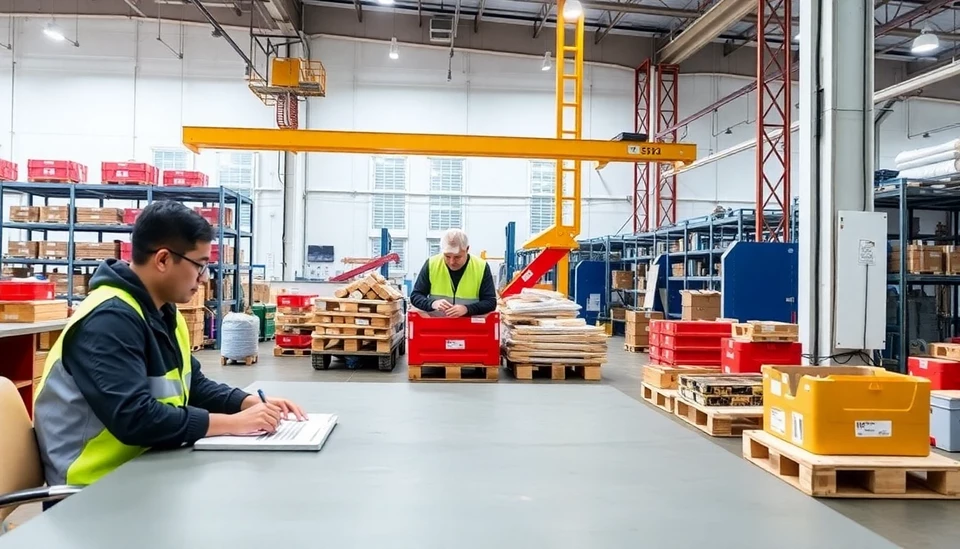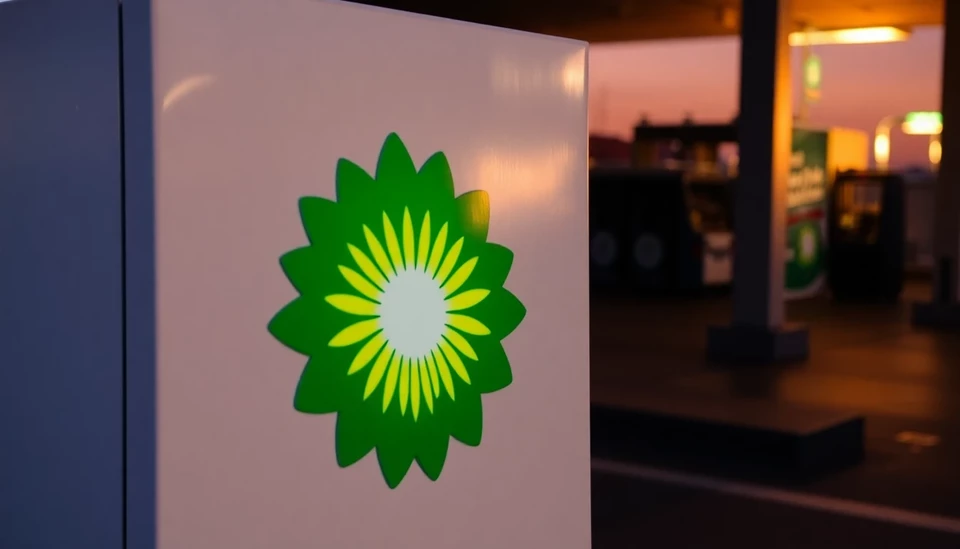
In a surprising turn of events, BP has announced a pause on its plans to produce sustainable aviation fuel at its plant in Spain. This strategic decision comes as the company assesses the current market conditions and evaluates the viability of producing cleaner jet fuels amid fluctuating energy prices and market demands.
The initiative, originally aimed at reducing carbon emissions within the aviation sector, has encountered challenges that have led BP to reconsider its operational strategy. The Spanish facility, which was earmarked to be a hub for producing this innovative fuel, will remain idle for the time being as the company navigates through these complexities.
BP's decision aligns with broader industry trends where many firms are re-evaluating their investment strategies, particularly concerning renewable technologies. The aviation industry has been under intense pressure to decarbonize, but the reality of transitioning to sustainable fuels has proven to be more complicated than anticipated.
Analysts indicate that this pause might be a strategic move to reassess the logistics and technological requirements necessary to successfully produce clean jet fuel. There is a significant focus on ensuring that any future investments align with long-term sustainability goals and corporate financial health. BP’s retreat from this endeavor highlights the hurdles that major energy players currently face in pivoting towards a greener future.
Despite the setback, BP maintains a strong commitment to its overarching renewable energy goals. The company emphasizes that it will continue evaluating different avenues for contributing to reduced emissions in the energy sector, including investments in alternative energy sources and technologies that facilitate better energy efficiency across various sectors.
The news of BP’s halted plans has sparked discussions within the industry regarding the viability of sustainable aviation fuel projects and the need for coherent policies that can support such ambitious environmental efforts. As BP reviews its plans, stakeholders in the energy and aviation sectors are keenly observing to see how this might influence future investments in alternative fuels.
This development marks a critical juncture for BP, as the company aims to balance its traditional oil and gas operations with its transition towards a low-carbon economy. The halt in Spain serves as a reminder of the complexities inherent in transforming environmental aspirations into practical solutions and highlights the ongoing evolution of the energy landscape in response to pressing climate challenges.
#BP #SustainableAviationFuel #CleanEnergy #RenewableEnergy #AviationIndustry #ClimateChange #EnergyTransition
Author: John Harris




